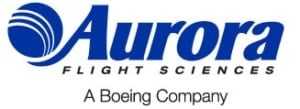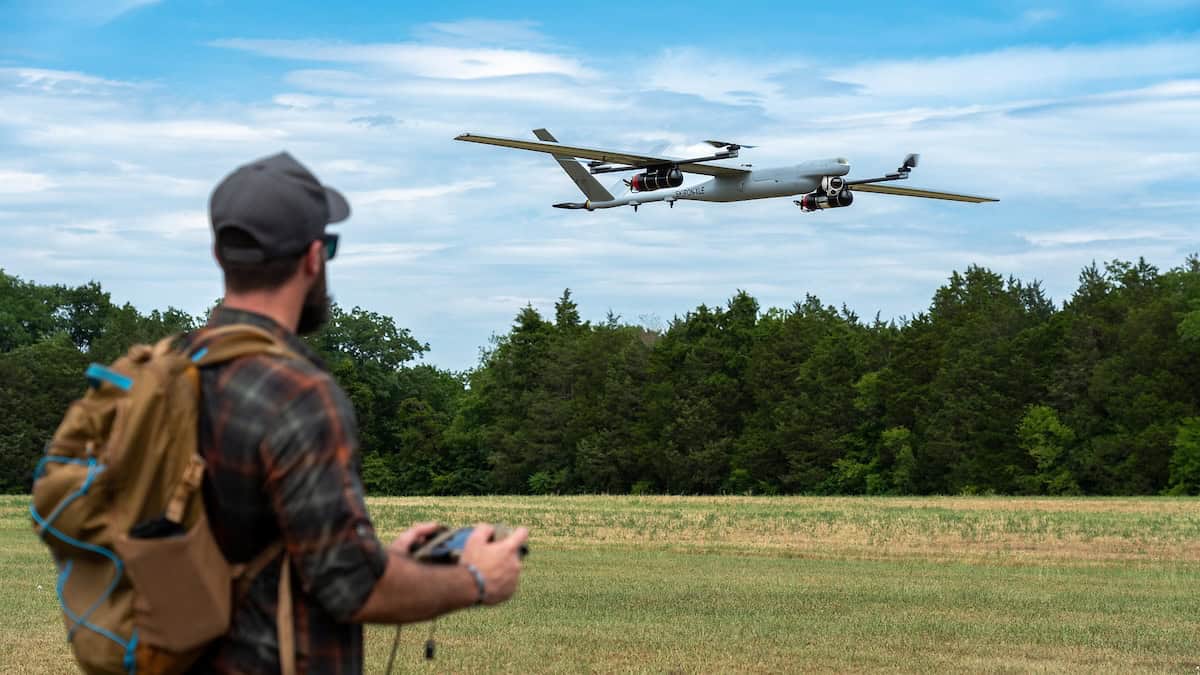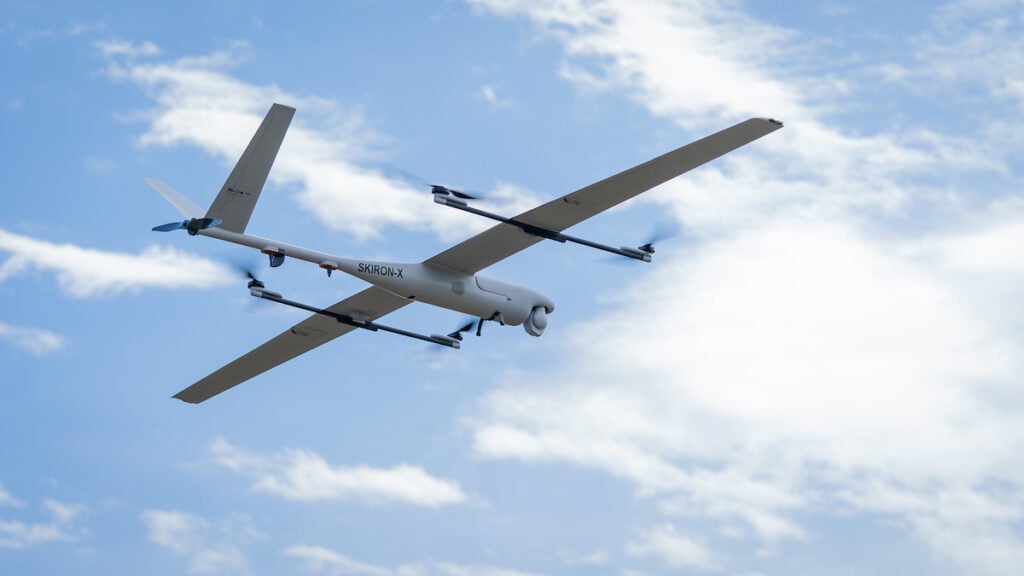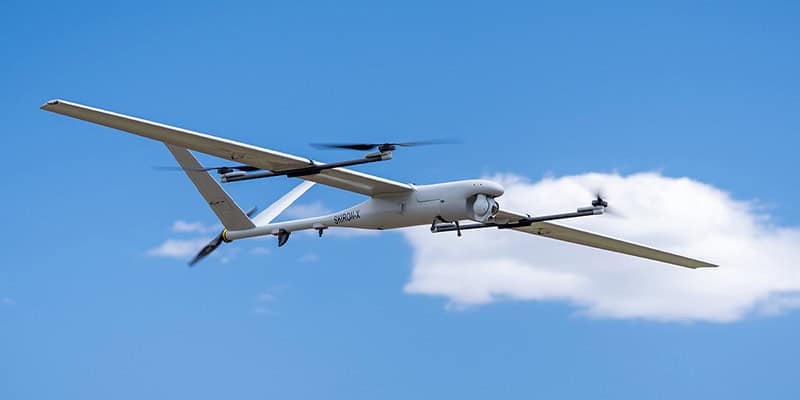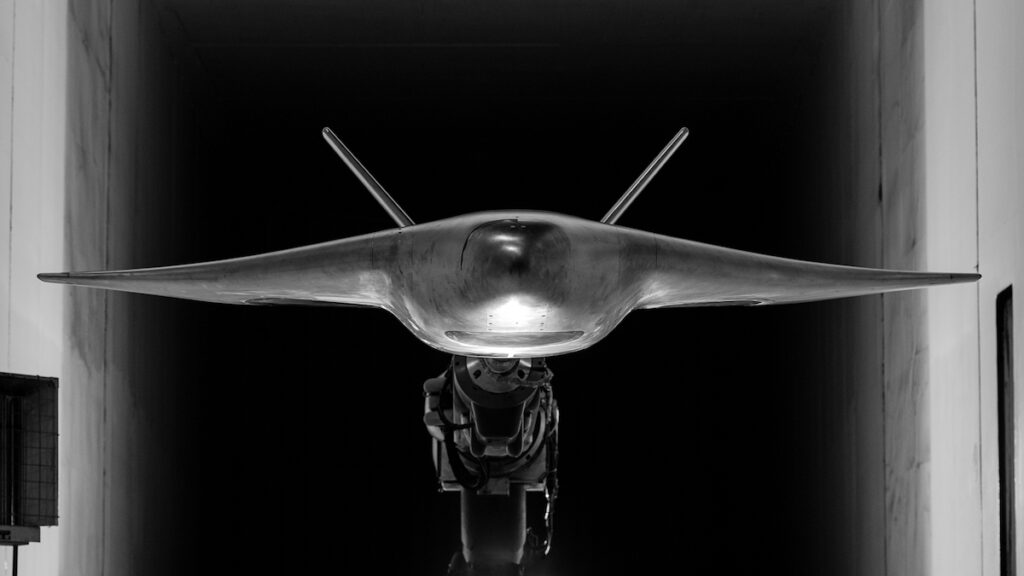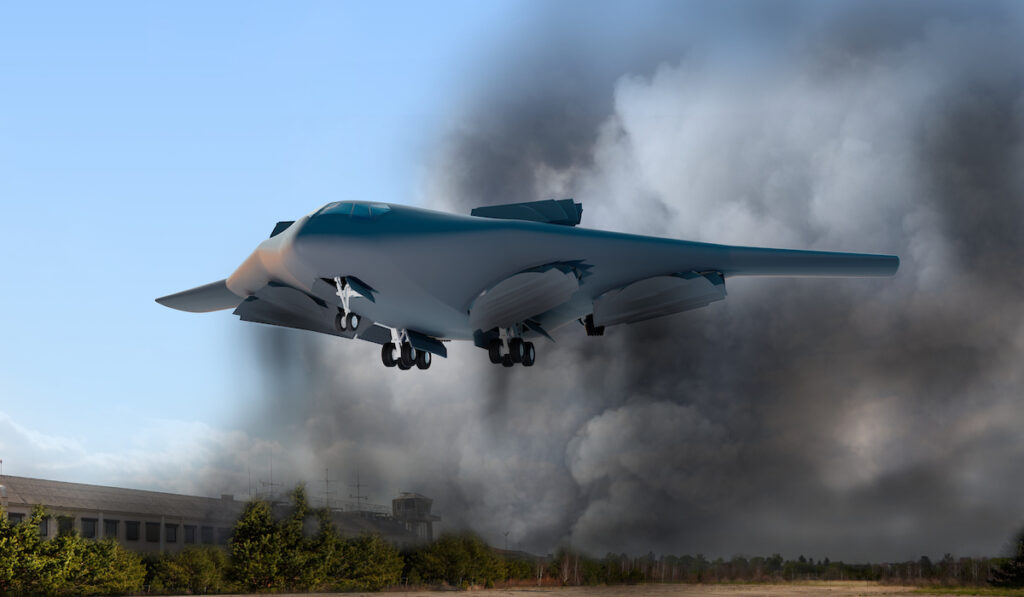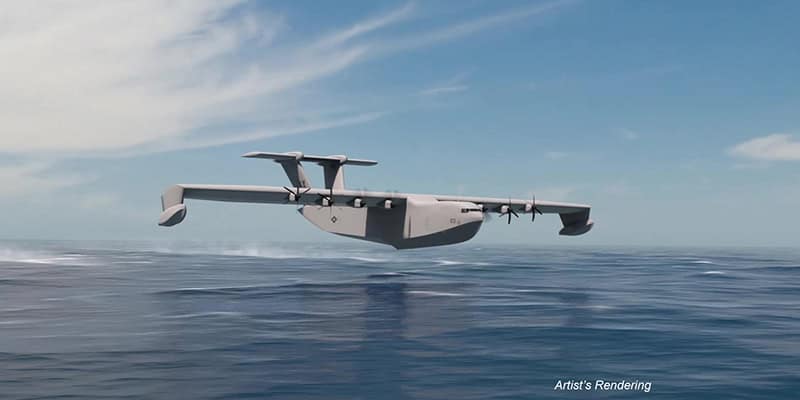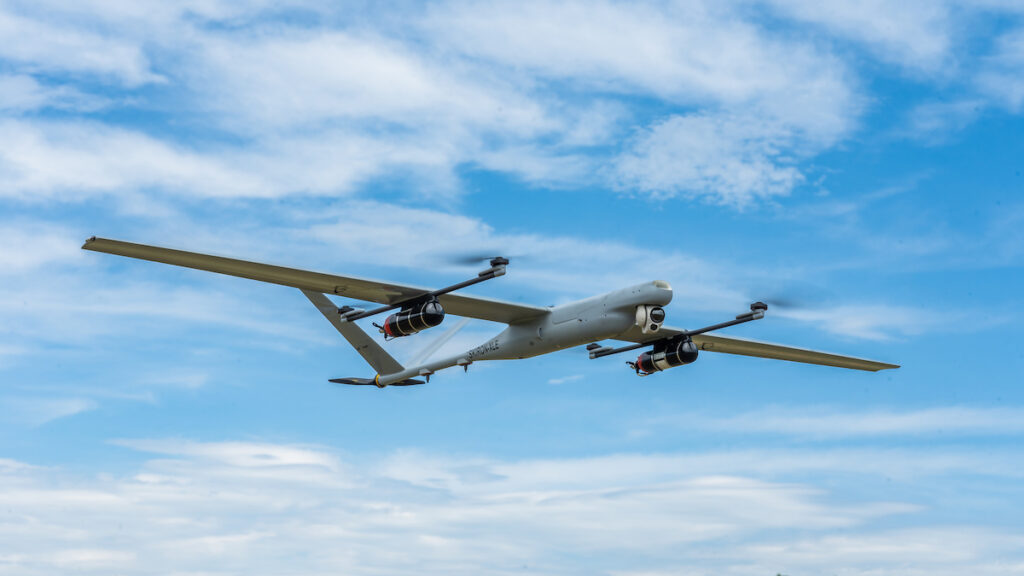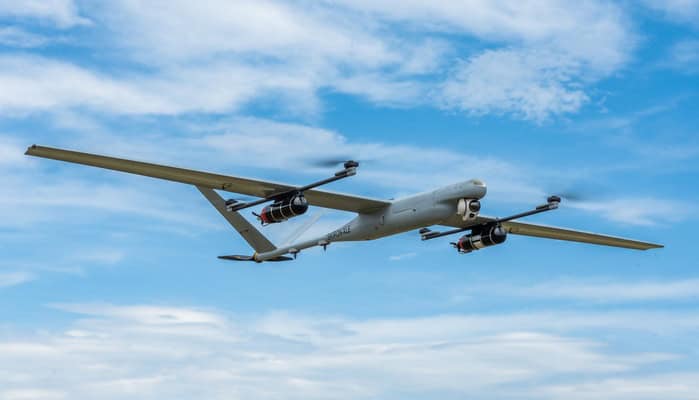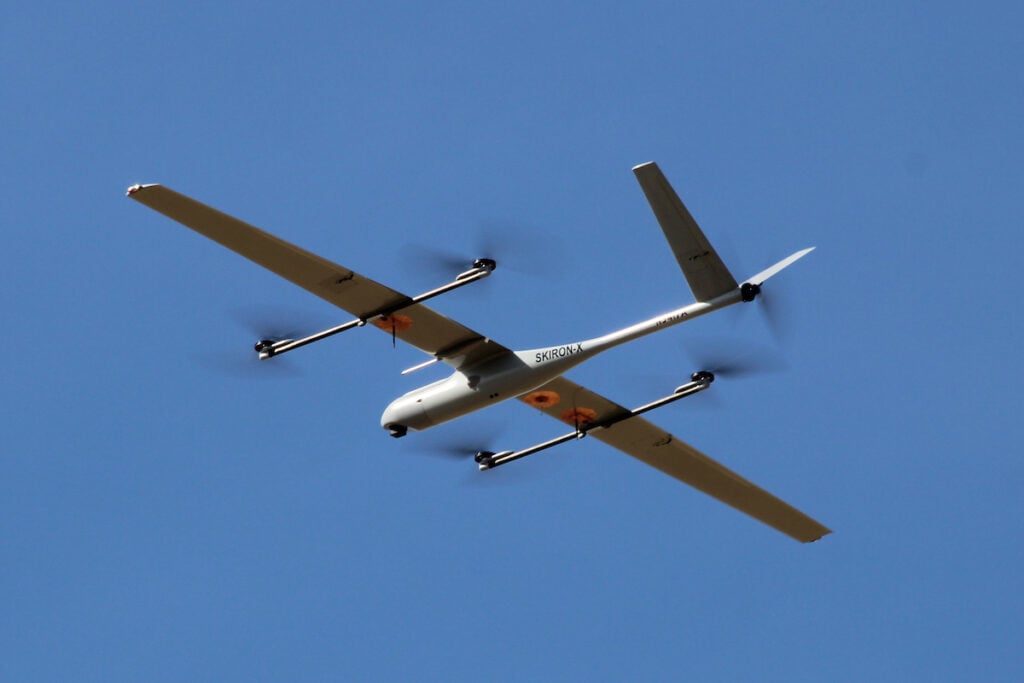
Aurora Flight Sciences, a Boeing company, is advancing the development of high-performance energy systems to support the future of low-emission and electric aviation.
As the aerospace sector transitions toward greater sustainability, Aurora’s energy systems engineering team plays a key role in developing and validating battery and fuel cell technologies for future aerial platforms.
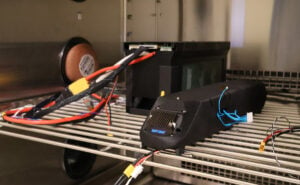
The company’s dedicated energy laboratory provides an integrated environment for electrochemical energy system design, prototyping, and validation. Equipped with thermal chambers, high-voltage testing infrastructure, and advanced analytical tools, the lab enables simulation and testing of mission-specific operating conditions at both the component and system levels.
One of the lab’s primary areas of focus is the development of custom lithium-ion battery architectures optimized for aerospace applications. These systems must meet stringent mass, volume, and safety constraints while delivering sufficient energy and power densities for electric propulsion, avionics, and payload operation.
Aurora’s SKIRON-X, a small electric vertical takeoff and landing (eVTOL) unmanned aerial system (UAS), serves as a core testbed for battery innovation. The baseline battery pack, built with cylindrical lithium-ion cells, achieves an energy density of 224 Wh/kg and supports flight durations up to 3.5 hours.
A prototype configuration utilizing pouch-format cells is currently under development. This design offers approximately 22% higher energy capacity with only a 4% increase in mass compared to the cylindrical-cell baseline. The prototype integrates an advanced battery management system (BMS) capable of real-time cell monitoring, including voltage, temperature, and degradation tracking. The BMS also incorporates cell balancing algorithms to mitigate uneven aging, extending operational life and enhancing energy availability prediction during flight. Collected performance data from real flight experiences can then be used by engineers to refine future designs.
In addition to the primary energy storage system, Aurora has developed an auxiliary belly-mounted battery pack for SKIRON-X. Engineered with advanced anode chemistries and embedded power conversion systems, this modular subsystem increases total onboard energy while maintaining mechanical and electrical compatibility with the existing airframe. A recent integrated flight test using both the pouch-cell prototype and the auxiliary module resulted in a battery-only endurance of 5 hours and 24 minutes.
Beyond battery systems, Aurora is also progressing in hydrogen fuel cell integration. In August 2024, the hydrogen-powered SKIRON-XLE variant completed a successful flight of seven hours—demonstrating the viability of hydrogen-electric propulsion for long-endurance UAS operations within the Group 2 platform.
Testing and validation remain central to Aurora’s development methodology. The energy lab’s infrastructure supports sub-scale and full-scale testing of electrochemical cells, battery modules, and fuel cell stacks under controlled environmental and electrical loading conditions. Flight-representative duty cycles are replicated using mission data to assess thermal behavior, power delivery stability, and failure tolerance under realistic stress profiles.
The team routinely compares empirical performance data against manufacturer specifications to characterize deviations and validate internal models. Aurora’s energy database supports cross-program insights and informs design trade studies for future system configurations, including high-voltage powertrains intended for urban air mobility (UAM) vehicles.
A critical asset in the lab is the Ultra-High Precision Coulometry (UHPC) platform, which enables accelerated life testing and high-resolution analysis of parasitic losses and internal resistance growth within cells. This capability supports the selection and qualification of battery chemistries and the development of predictive algorithms for health estimation and life modeling.
System safety is addressed through comprehensive qualification testing aligned with the Radio Technical Commission for Aeronautics (RTCA) DO-311 Minimum Operational Performance Standard (MOPS) for Rechargeable Lithium Batteries and Battery Systems. Tests include thermal runaway containment, arc flash analysis, overcharge protection, and environmental resilience. Only systems that meet these rigorous criteria are cleared for integration into flight hardware.
Through its work in advanced energy systems, Aurora Flight Sciences is providing the foundational technology necessary for the transition to sustainable aerospace energy solutions. The lab’s continued focus on rigorous testing, materials innovation, and system-level integration ensures that future aircraft can achieve the performance, reliability, and safety demanded by modern aerospace operations.




